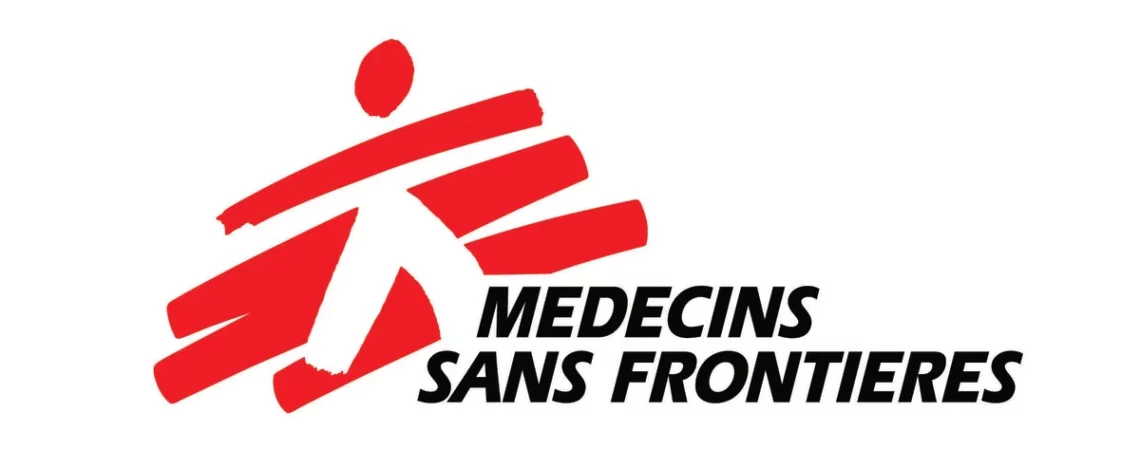
Médecins Sans Frontières (MSF) is an international, independent, medical humanitarian organisation that delivers emergency aid to people affected by armed conflict, epidemics, natural disasters and exclusion from healthcare. MSF offers assistance to people based on need, irrespective of race, religion, gender or political affiliation. Our actions are guided by medical ethics and the principles of neutrality and impartiality. A worldwide movement MSF was founded in Paris, France in 1971. Its principles are described in the organisation’s founding charter. It is a non-profit, self-governed organisation. Today, MSF is a worldwide movement of 24 associations, bound together as MSF International, based in Switzerland. Thousands of health professionals, logistical and administrative staff – most of whom are hired locally – work on programmes in some 70 countries worldwide. Humanitarian action MSF’s work is based on humanitarian principles. We are committed to bringing quality medical care to people caught in crisis, regardless of race, religion or political affiliation. MSF operates independently. We conduct our own evaluations on the ground to determine people’s needs. More than 90 per cent of our overall funding comes from millions of private sources, not governments. MSF is neutral. We do not take sides in armed conflicts, we provide care on the basis of need, and we push for independent access to victims of conflict as required under international humanitarian law. Bearing witness and speaking out MSF medical teams often witness violence and neglect in the course of their work, largely in regions that receive scant international attention. At times, MSF may speak out publicly in an effort to bring a forgotten crisis to public attention, to alert the public to abuses occurring beyond the headlines, to criticise the inadequacies of the aid system, or to challenge the diversion of humanitarian aid for political interests. Quality medical care MSF rejects the idea that poor people deserve third-rate medical care and strives to provide high-quality care to patients. In 1999, when MSF was awarded the Nobel Peace Prize, the organisation announced the money would go towards raising awareness of and fighting against neglected diseases. Through the Access Campaign, and in partnership with the Drugs for Neglected Diseases initiative, this work has helped lower the price of HIV/AIDS treatment and stimulated research and development for medicines to treat malaria and neglected diseases like sleeping sickness and kala azar.
- Job Type Full Time
- Qualification BA/BSc/HND
- Experience 2 years
- Location Abuja
Job Description
- Performing the day to day activities and administrative processes to ensure an efficient running of the clearance and transportation processes of medical and non-medical goods for a supply office (coordination or project) following the supply procedures according to MSF standards and protocols. Including the following activities:
- Managing and planning, in collaboration with the line Supervisor and the Warehouse Supervisor, the shipment of goods between the projects and/or from the capital to the projects choosing the best possible means of transport
- Being responsible for the reception of international freight and its forwarding to the field.
- Being responsible for all customs and administrative related issues
- Regularly assessing the local transport market (companies, prices, services, delays,), and proposing different third-party providers for validation
- Centralise information relating to the management of imports (items entering the country) and exports (items leaving the country) on behalf of the MSF Belgium mission in Nigeria
- In collaboration with the Supply Coordinator, he/she is the international freight focal point for MSF Supply.
- Ensures the correct transfer of responsibilities between the freight forwarder and MSFB when parcels are delivered after customs clearance.
- Ensures that all procedures are carried out in accordance with the regulations in force in the country when importing or exporting.
- Follow-up of customs clearance procedures with the forwarding agent
- Maintains contact with the forwarding agent to monitor customs clearance procedures and ensures delivery as quickly as possible to re
- duce delivery times.
- Remains proactive in his work, particularly with regard to monitoring international freight.
- Receives international freight documents and forwards them to the forwarder immediately.
- Ensures that the transport plan drawn up between MSF Supply and the mission is properly applied/implemented and informs the Supply Coordinator in the event of any malfunction or delay.
- Call for tenders and supply procedures
- Ensures that the validated service providers invoicing schedule is correctly applied and requests regular updates.
- Creates purchase orders in the unifield database in accordance with services providers invoice and in reference to the codes distributed by the referent
- Checks the services providers invoices before submitting them to the Supply Coordinator for approval.
- Negotiates prices to be reduced, collects the pro-forma from the companies in the event of shipment, completes the file, has it validated in accordance with the expenditure commitment level, draws up the contract for signature by the Supply Coordinator and proceeds with shipment.
- Ensures written communications/negotiations with forwarding agents and transporters with the Supply Coordinator.
- Archiving documents
- Ensures that freight files are complete and archives them
- Performing delegated tasks according to his / her activity and as specified in his/her job description
Requirements
- University degree in Supply Chain and logistics. Administration, or a related field relevant to the position
- At least 2 years relevant experience in supply chain customs and transport preferably with an international organization or government institution or an NGCO
- Experience as a custom and transit/freight Forwarding agent would be an asset
- Strong computer skills.
- Ability to react quickly.
- Maturity, initiative.
- Good communication skills, patience, availability, flexibility, integrity, and honesty.
- Organizational skills, precision, rigor, and responsibility.
- Willingness to engage in humanitarian work.
- Computer literacy, (LX, excel, email, outlook, word)